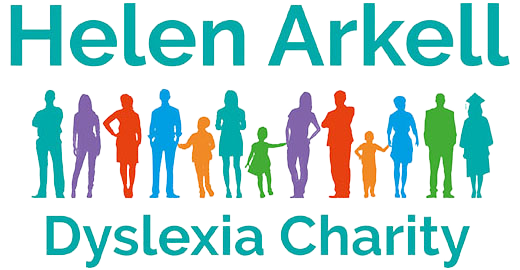What should I do if I am concerned about dyslexia?
Dyslexia is identified when children have a persistent difficulty developing literacy skills. You and your child’s teachers are likely to have noticed that your child has had difficulties with one or more of reading, spelling and writing from their early school years. You can find out more about signs of dyslexia here.
Talk about your concerns with your child’s school
If you are concerned about your child’s literacy development, it’s a good idea to discuss your thoughts and concerns with your child’s class teacher and/or the school’s SENCo (Special Educational Needs Coordinator).
A formal diagnosis of dyslexia is not needed for a school to put into place support and intervention. Appropriate support should ideally be provided as early as possible, and your child’s progress carefully monitored.
If concerns persist, the SENCo may carry out further assessments or screening to give an indication of possible dyslexic difficulties. It is important to understand that screeners do not provide a diagnosis of dyslexia. However, they do help to build a profile of your child’s strengths and needs which can be used to develop more targeted support and intervention.
Consider a diagnostic dyslexia assessment
For children whose literacy difficulties persist despite appropriate intervention and support, a formal diagnosis of dyslexia may be needed. We recommend that a diagnostic assessment is only considered for children from the age of 8 years old. That way we can take into consideration your child’s response to previous intervention and support.
Who can carry out a diagnostic assessment?
A diagnostic assessment can only be carried out by qualified Specialist Dyslexia Assessors or Educational Psychologists. A diagnostic assessment might be provided by your child’s school or local authority, or we can arrange an assessment with one of our Helen Arkell Specialist Assessors (HASAs), or, if your child have more complex needs, an Educational Psychologist (EP).
Is there anyone at Helen Arkell who can advise me?
If you need further advice regarding assessment or support for your child, you could book a consultation with one of our experienced professionals. We can then work together to see if an assessment is appropriate.
How do I book an assessment with Helen Arkell?
If you decide you would like to have your child assessed, visit our Assessments page for more information and to make an enquiry.
What help is available after an assessment with Helen Arkell?
At Helen Arkell we believe that the assessment is just the beginning of your journey to understand what a diagnosis of dyslexia means to you and your child.
When your child has been assessed by a HASA or EP, we offer a follow-up phone/video call or a face-to-face chat so that you have a chance to speak to the assessor and ask any questions you may have.
A detailed report outlining your child’s strengths and difficulties, including identification of dyslexia if appropriate, and recommendations for support, will be sent to you within three weeks of the assessment.
We also run a six-week HELP course for Parents, which offers many practical ideas about how parents can help at home.
Helen Arkell Specialist Teachers are also available should you decide on specialist dyslexia tuition for your child. Visit our Tuition page for more information and to make an enquiry.





